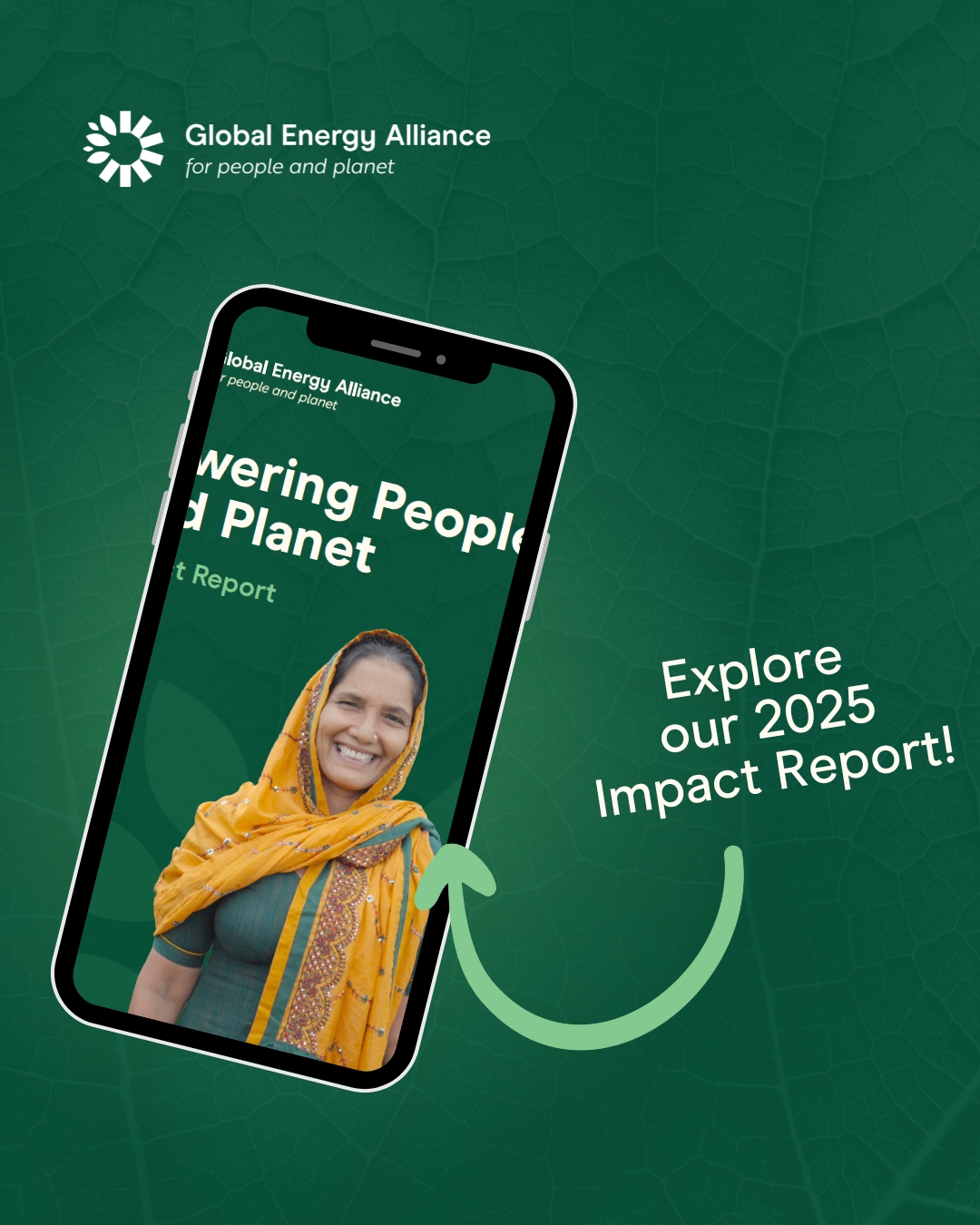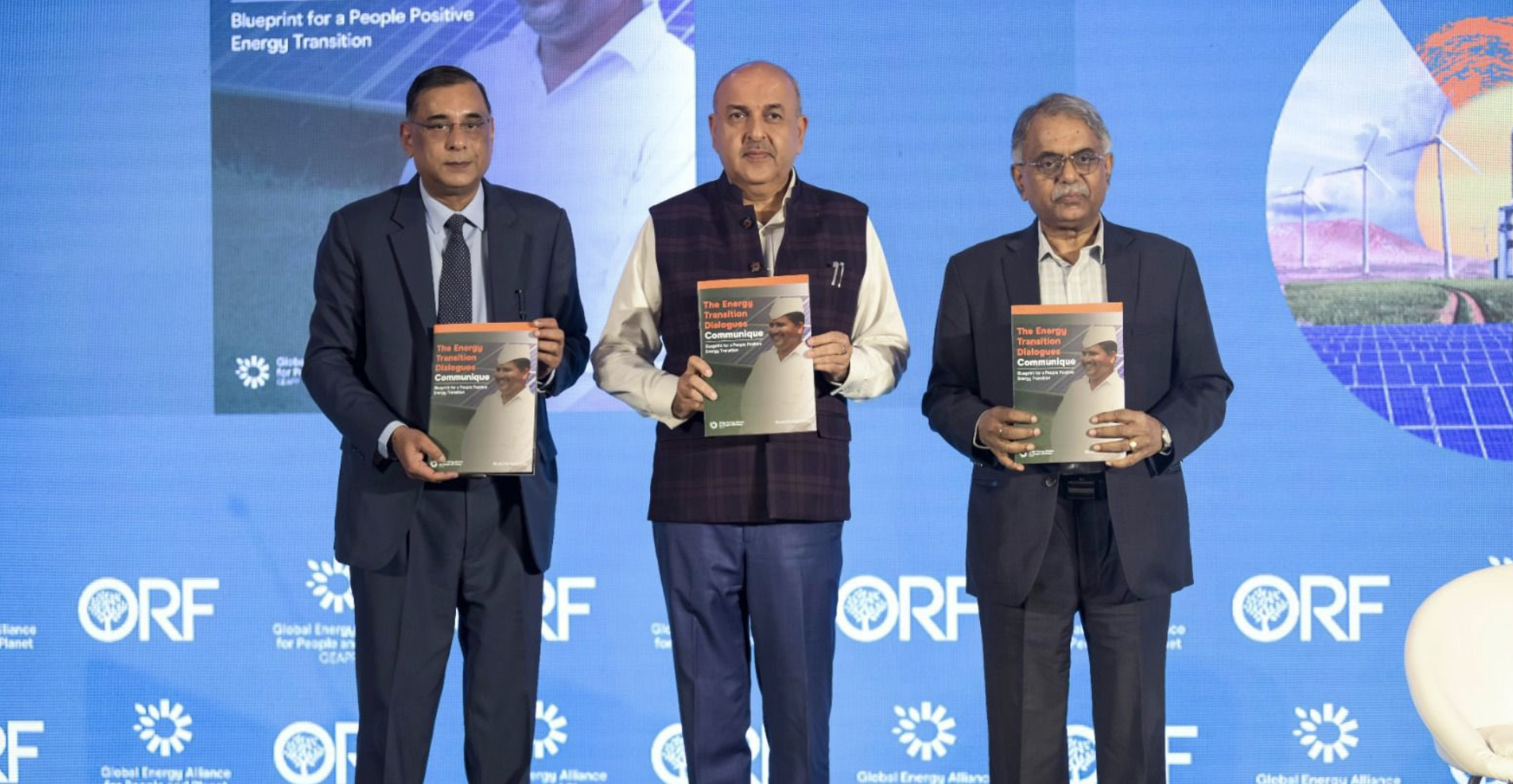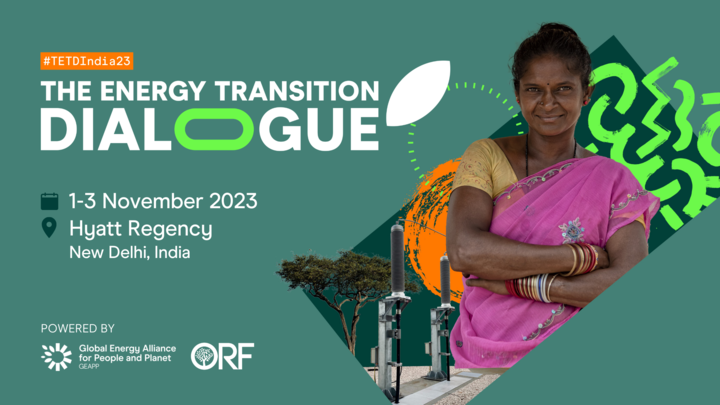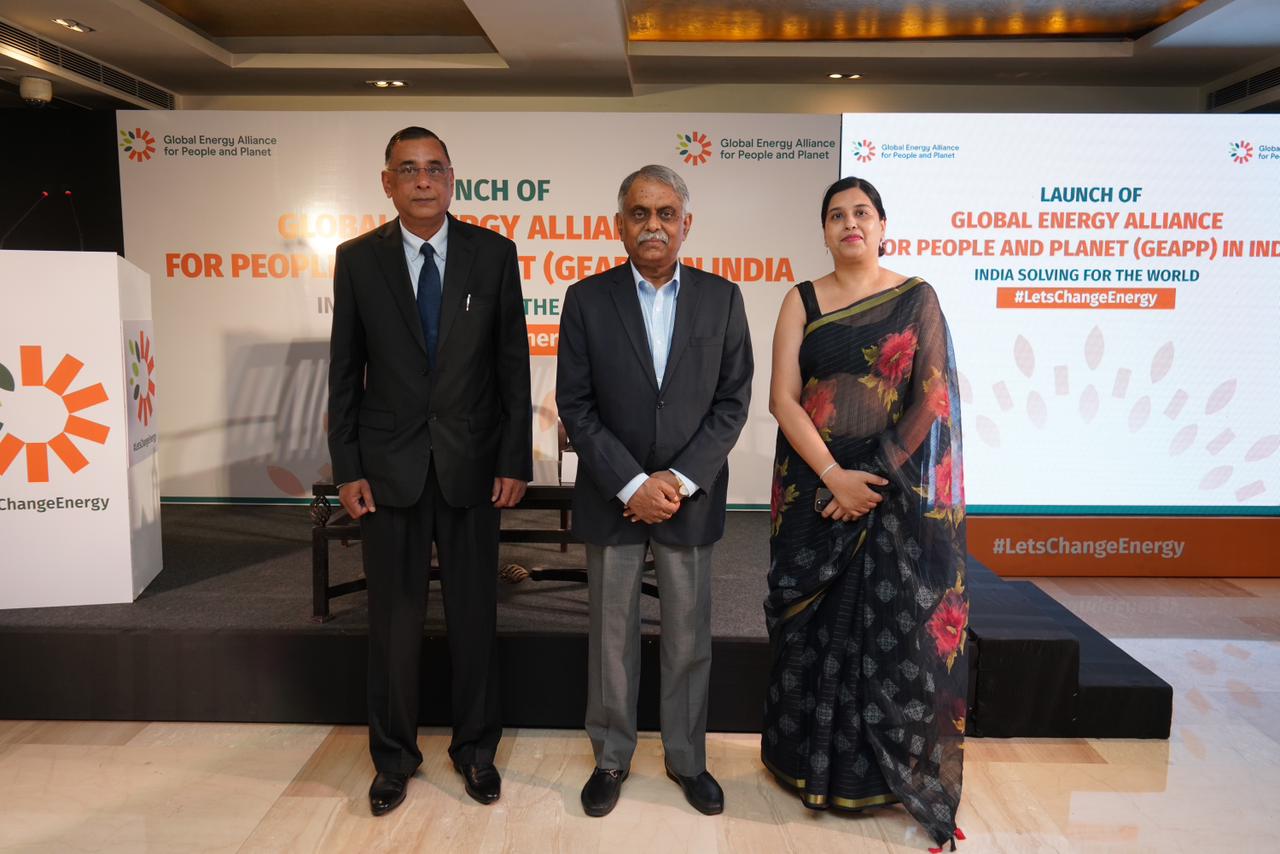India, now the fifth largest economy in the world, endeavors to be among the top three economies over the next three years. The sheer size of India’s population, coupled with a rapidly growing economy, has meant that India is the fastest growing energy economy in the world, with an expected annual increase in demand of 3 percent until 2030. A large share of India’s energy requirements are dependent on traditional fuels like coal and imported oil and gas, which contribute significantly to greenhouse gas emissions. This has huge implications not only for the country’s energy requirements, which are dependent on imported hydrocarbons, but also for global energy markets, the global energy transition, and the ongoing fight with climate change.
To create a shared understanding around these opportunities and challenges, GEAPP, along with its partners, who have extensive experience in these areas, attempted to brainstorm and document a series of recommendations for the key stakeholders to consider as they move forward to design appropriate policies and structural enablers to ensure India’s growth towards a cleaner and more sustainable economy.




